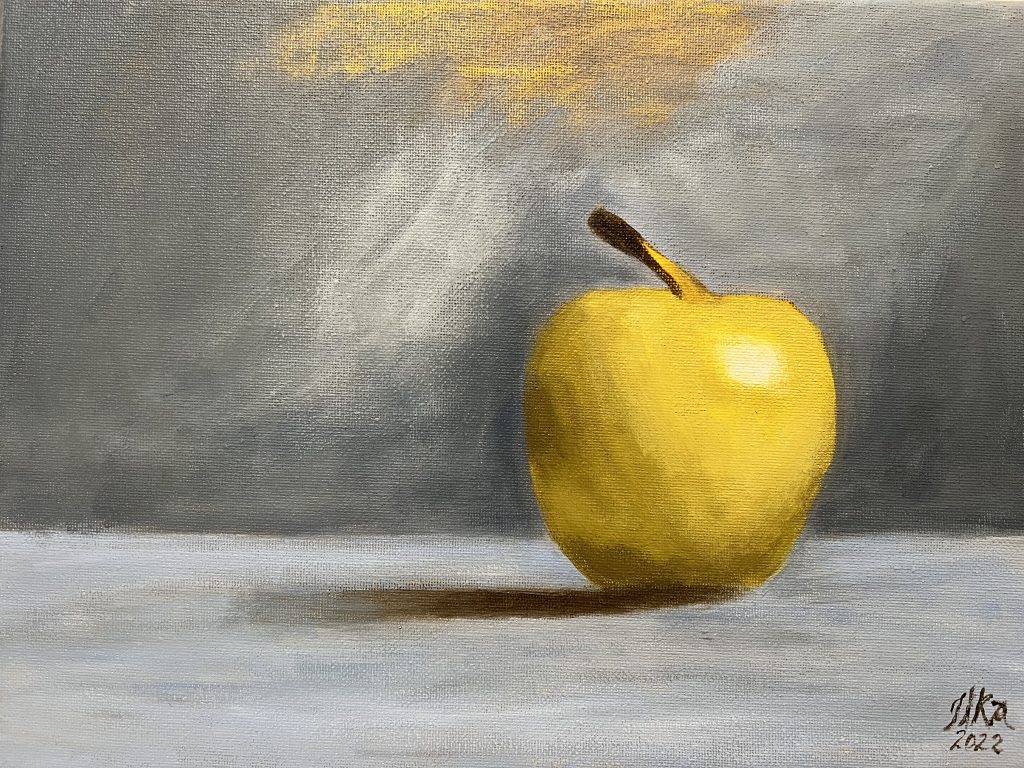Translated by Marvin Najarro
Campestre always wanted to buy winter boots, but it is something he can’t afford despite his three jobs. He imagines them, he pictures himself with his boots on, keeping his feet warm in below zero temperatures. Winter clothing is expensive and the boots much more, having them is a luxury for a 75-years-old undocumented immigrant, with no labor rights, like Campestre.
He would like to have a chumpa1 and a pair of winter gloves and also pants, the clothes he uses to work does not help him with the cold temperatures, they are the same ones he wears in the summer. So, he wears two pants, two shirts, two pair of socks and the heaviest shoes available so he can keep warm while cleaning the parking lot of the shopping center where he works in the mornings.
It would also be helpful if he had the proper clothes to wear at his second job, pushing shopping carts in a supermarket in the afternoons. What he earns is barely enough to survive, he has to spend less money on food. Sometimes he just eats two meals a day so that he can save money for the remittances he sends to his family in Ayutla de los Libres, Guerrero, Mexico.
It is in the evenings, at his third job, when nostalgia for the warm weather of his native land overtakes him. Campestre is part of the crews of undocumented workers who brush and shovel snow from the sidewalks and parking lots of homes and residential buildings. He observes the bunch of newcomers, unemployed and others, who like him are on their third job. Men and women alike shovel the snow so that the one with the snow removal machine can push it toward a corner of the parking lot where a white mound is left.
He admires those who know how to drive a car and maneuver the big snow ploughs mounted on the front of a four- wheel drive vehicle, he would have loved to learn how to drive a tractor in his youth, that would have made him earn a better salary at the farm where he worked picking tomatoes, but it was a job that tractor drivers did not want anybody else to learn for fear of being displaced from their jobs. During the winter his job is to pour salt into a bucket and spread it on stairs and sidewalks. It is a job that is only done when it snows, when it doesn’t, Campestre works at a factory at night, sorting out screws that he puts in packages.
He is the oldest of the snow removal crew, but there are others like him clearing the mall parking lot, they are the same age as him, and also undocumented, who like him have no family in the United States. With similar stories, of extreme poverty, many children to raise, murdered children and orphaned grandchildren.
As he clears the snow, he thinks that it would be good to have the proper winter clothes, also to lie down to sleep so that the cold of the freezing basement floor he shares with eleven more immigrants does not penetrate and tulla2 his back. He has no mattress, he sleeps without taking his clothes off, on a sheet he folds up and puts away when he goes to work.
With winter clothes, Campestre would not suffer so much from the arthritis pain is his joints, with the pain in his decaying teeth there is only so much he can do about it; endure it as he used to do it in his youth sweating in the tomato furrows on the farms in his native Ayutla de los Libres.
1. Chumpa. Guat. Short, hip-fitting jacket.
2. Tulla, from the verb tullir, the loss of a person’s ability to move or move a limb.
If you share this text in another website and/or social media, please cite the original source and URL: https://cronicasdeunainquilina.com
Ilka Oliva-Corado @ilkaolivacorado






